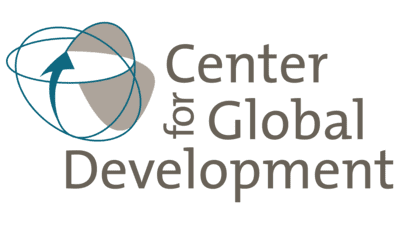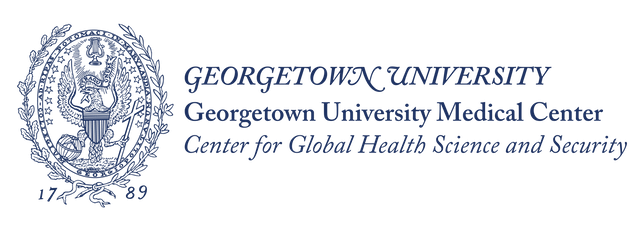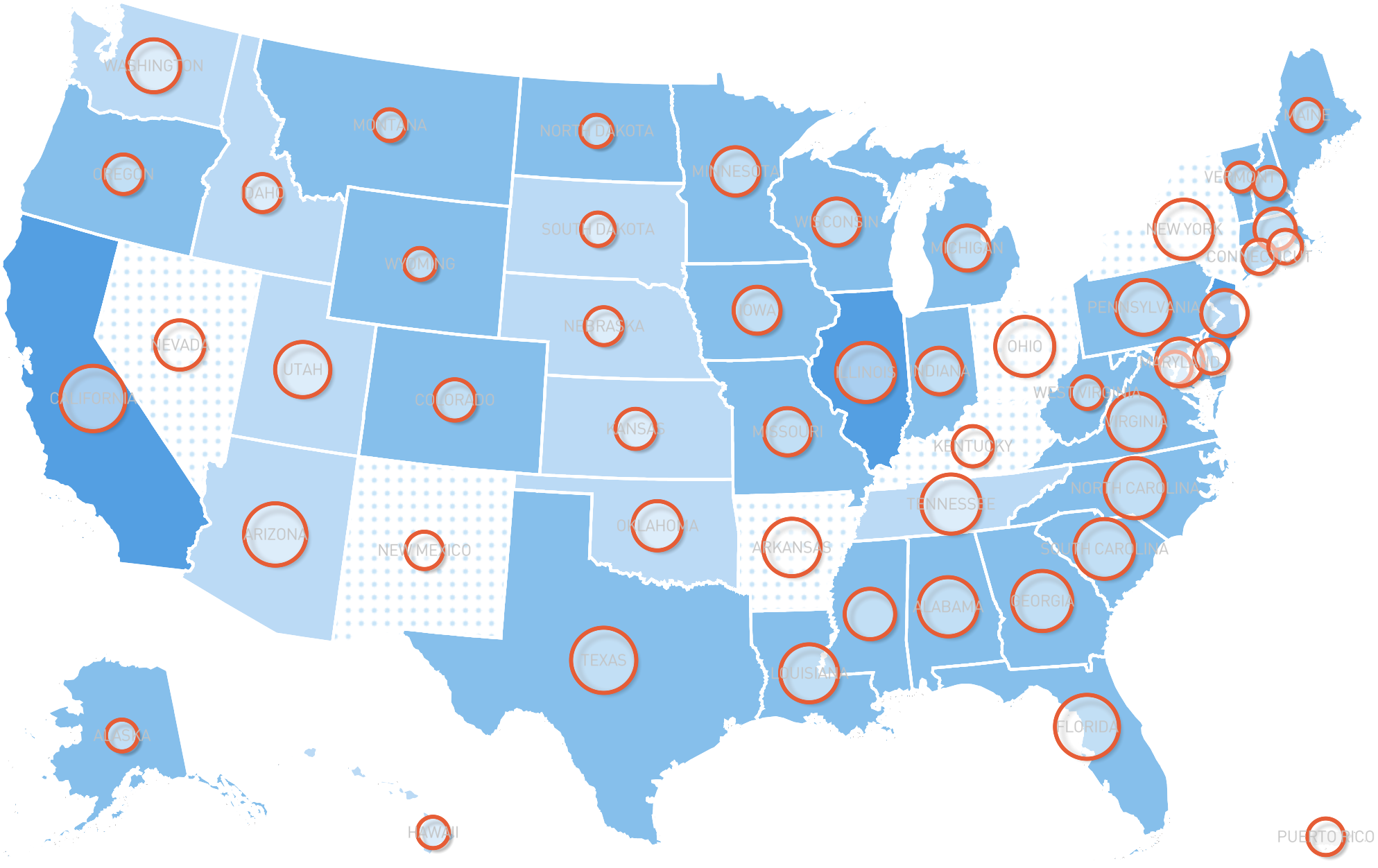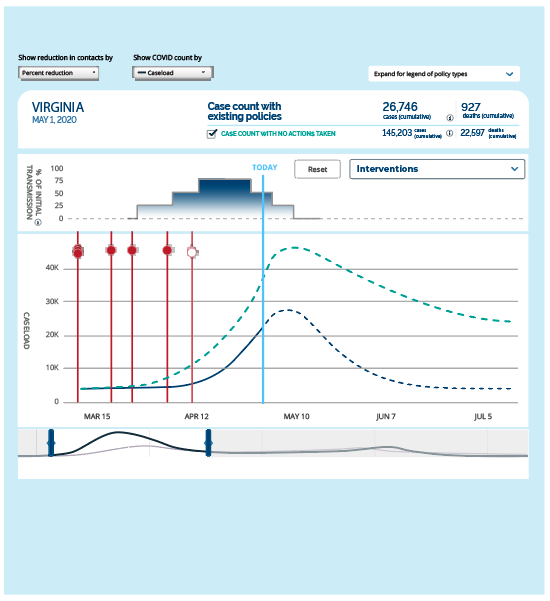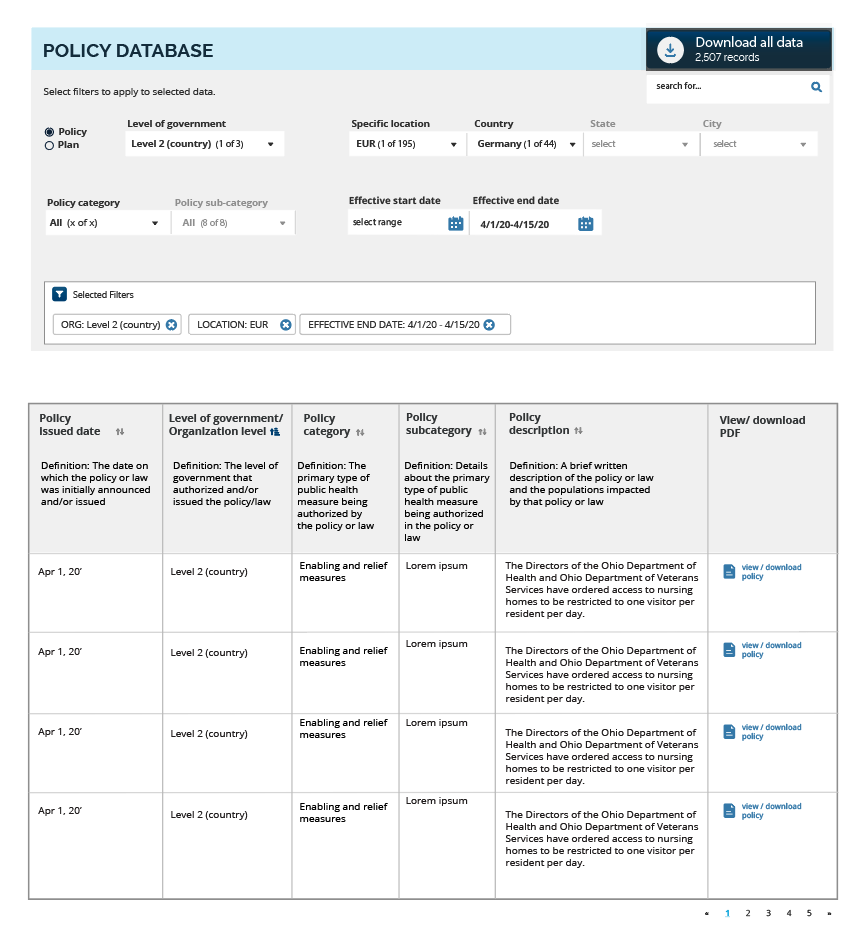About us
Contact usCOVID-Local and the Frontline Guide are a joint project of the Global Biological Policy Program at the Nuclear Threat Initiative (NTI), the Center for Global Development, and the Georgetown University Center for Global Health Science and Security, in collaboration with Talus Analytics. The team is comprised of experienced experts in disease outbreak as well as former public health officials, and the tools were developed in response to calls from local governments for more information on how to protect their communities.
Contributors
Paul D. Biddinger, MD, FACEP
MGH Endowed Chair in Emergency Preparedness Director,
Center for Disaster Medicine and Vice Chairman for
Emergency Preparedness, Department of Emergency
Medicine, Massachusetts General Hospital, Medical
Director for Emergency Preparedness, MGH and Partners
Healthcare, Director, Harvard T.H. Chan School of Public
Health Emergency Preparedness Research, Evaluation and
Practice (EPREP) Program
Gabrielle Fitzgerald, MPA
Founder and CEO
Panorama
Dylan George, PhD
Vice President Technical Staff,
In-Q-Tel
Margaret Hamburg, MD
Chair, Board of the American Association for the
Advancement of Science
Former Commissioner of the U.S. Food and Drug
Administration
Dan Hanfling, MD
Vice President Technical Staff
In-Q-Tel
Ashish K. Jha, MD, MPH
Director, Harvard Global Health Institute,
K. T. Li Professor of Global Health,
Harvard T.H. Chan School of Public Health,
Professor of Medicine, Harvard Medical School
Juliette Kayyem, JD
Faculty Chair,
Security and Global Health Project,
Kennedy School of Government, Harvard University
James Lawler, MD
Executive Director, International Programs & Innovation,
Global Center for Health Security, and Associate
Professor of Medicine, Division of Infectious Diseases,
University of Nebraska Medical Center
Timothy Manning,
Director, Washington DC Operations,
PDC Global; former Deputy Administrator, FEMA
Jennifer Nuzzo, DrPH, SM
Associate Professor,
Johns Hopkins Bloomberg School of Public Health,
Senior Scholar, Johns Hopkins Center for Health Security
David Polatty, MA
Professor,
U.S. Naval War College Humanitarian Response Program
Nathaniel A. Raymond
Lecturer,
Jackson Institute of Global Affairs, Yale University
Eric Toner, MD
Senior Scholar, Senior Scientist,
Johns Hopkins Center for Health Security
Crystal Watson DrPH
Senior Scholar
Johns Hopkins Center for Health Security
Assistant Professor, Department of Environmental Health and Engineering,
Johns Hopkins Bloomberg School of Public Health
*Note that institutional affiliations are listed for identification only and do not imply institutional endorsement.


